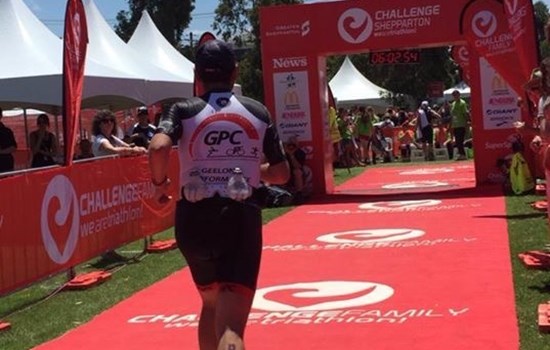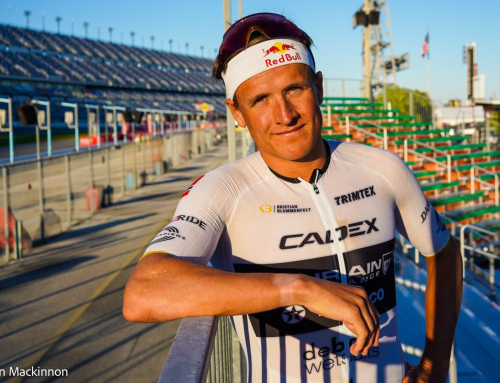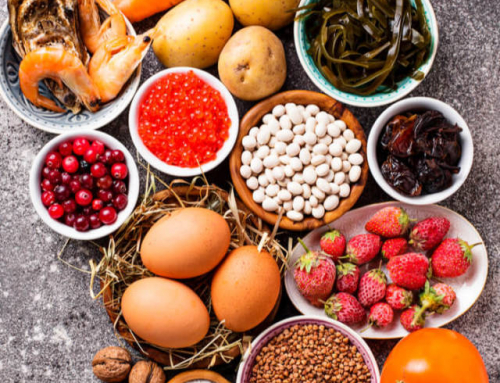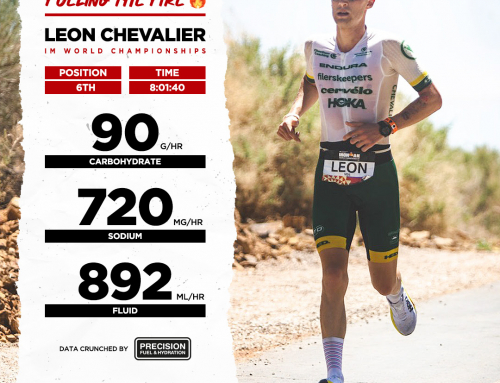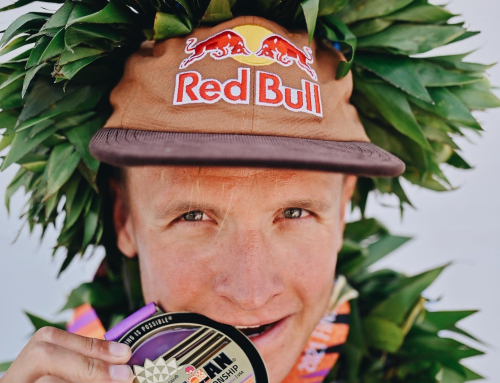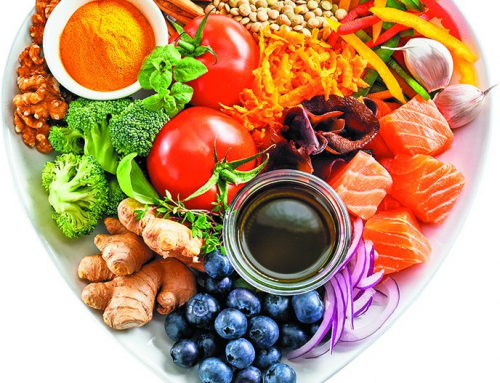A short article regarding some of the myths of vegan diet and promoting the term plant based whole foods vegan.
Plant Based Vegan Lifestyles.
There is a general cliché you imagine when you hear that someone is vegan or vegetarian: “its dangerous”, “you’ll be deficient in nutrients”, ”where do you get your protein?”, “you can’t build muscle”, “vegans are weak”, “vegans are slow” “I could never go vegan”, ”vegans can’t be athletes” ect ect.
Some of these points have merit. A vegan diet could potentially essential encumber a diet of nachos, chocolates, hot chips, Oreos, ice creams, potato chips, fake meats, fake hotdogs, fake chesses, frozen pizzas & the don falafel kebabs.
Problem being though, they are all very highly processed, highly refined foods with additives and preservatives, low fibre, most of the time they are also cooked and loaded with hydrolysed oil. All of this processing, leaves the “food” extremely nutrient poor with no real benefit or any real health gain. Even though many of our furry friends find this very agreeable, at the end of the day vegan junk food is still junk food (whether it be gluten free, paleo, no artificial colours or flavours or sugar free).
The definition of a vegan diet is essentially someone who does not eat or use animal products at all for health and/or ethical reasons.
There are many scientific and clinical studies showing adverse effects animals products have to human health. However, if you adopt a poorly planned or controlled vegan diet it can do the same amount of damage as the standard western/highly processed diet.
The categories:
| Ovo-Lacto-Vegetarian | Who do not consume meat, poultry, fish, and seafood, but do consume eggs, milk etc |
| Ovo-vegetarian | Who would be a vegan if they did not consume eggs. |
| Lacto-vegetarian | Who would be a vegan if they did not consume milk |
| Vegan | Do not consume any animal products or by-products, and in some cases do not consume honey and yeast |
Plant Based Whole Foods (vegan) lifestyle includes eating a diet high in plant based, nutrient dense foods, as in foods derived from plants sources: vegetables, whole grains, seeds, legumes and fruits in the whole food state.
The aim is to choose food as close to it’s whole food state as possible, meaning foods that have been processed or refined as little as possible and are free from additives or other artificial substances.
Whole foods are loaded with soluble & insoluble fibre, micronutrients such as vitamins & minerals, enzymes, anti-oxidants, phytonutrients, high water content and macronutrients such as protein/amino acids, carbohydrates from low to high GI and essential fatty acids. Missing is the added hormones, antibiotics, added sugar, saturated fat & hydrolysed or trans-fatty acids.
There are many important factors regardless of dietary label that must be considered for optimal health.
It not about being restrictive, strict, plain or even mundane. Rather looking at it from a the view of filling the palette with an abundance fruits, vegetables, legumes and grains spaning all the covers of the rainbow: reds, greens, orange, yellow, pruples, brown.
Variety is the spice of life and mixing it up each day is essential!!
Plant Based Athletes.
There are so many athletes and even elite level athletes who are predominate plant based, plant based vegan, raw vegan as their choice lifestyle and nutrition;
- Scott Jurek – Ultra-marathon & Record Holder. Winner of Wester States 160km, Badwater 217km, Broke the Appalachain Trail record running 3520km in 46 days, 8 hours, 7 Mintues.
- Michael Arnstein – Fruitarian Elite Ultra-runner, evening completing the Spartathlon is 246 kilometre Ultra.
- Nate Diaz – Recent UFC Champions winning on submission over McGregor.
- Patrik Baboumian – Strongest man in the world, World record most weight ever “carried” by a human being 550 kg.
- Novak Djokovic – World number 1 – Just open a vegan restaurant and adopts a predominantly plant based diet.
- Serena & Venus Williams – Serena who is raw vegan and was raw vegan during her claim of Wimbledon Title. Sister Venus also is raw vegan, who both follow a healthy, balanced raw vegan diet during the tennis season.
- Dave Scott – Even though he no longer, from his track days all the way up to his 6th Ironman Kona World Championship title, Dave Scott was a strict ovo-lacto-vegetarian. Only eating eggs and milk to help meet caloric requirements as he said. But as seen these day with far greater understanding of nutrition, caloric density can be meet for a plant based vegan lifestyle for triathlon.


